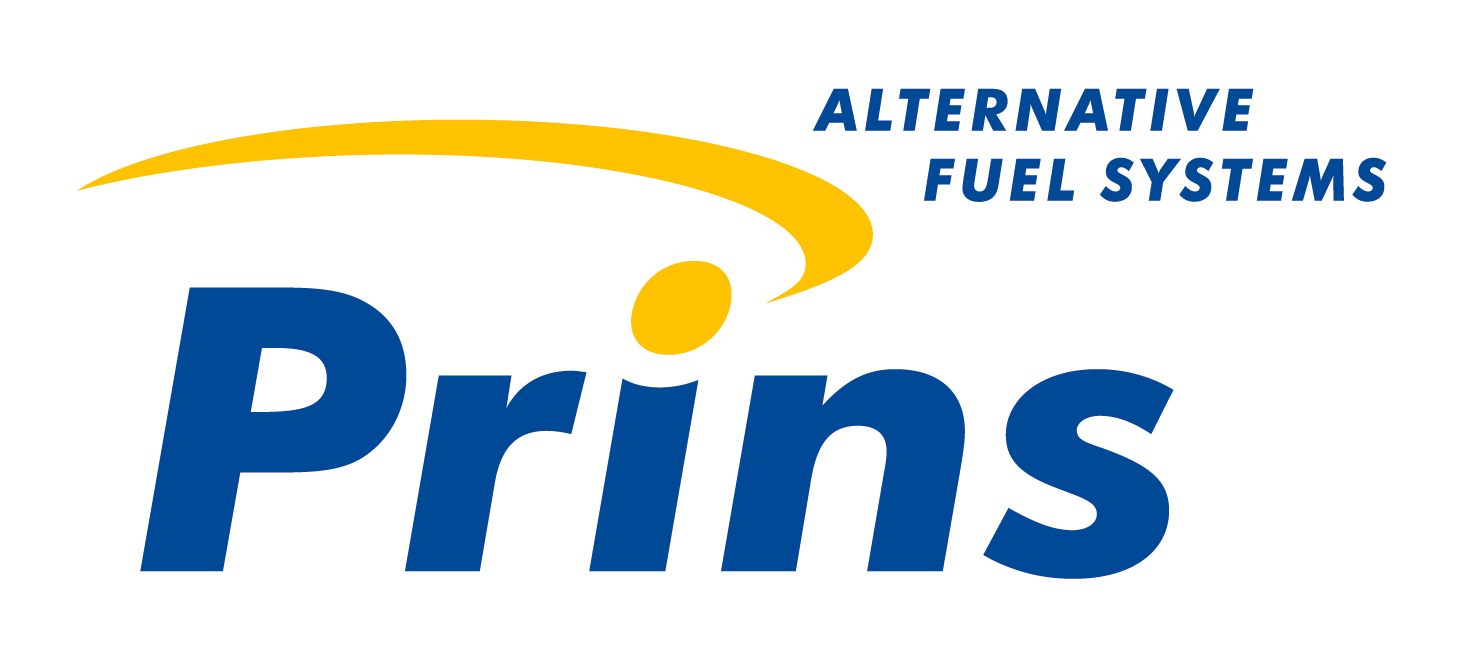Jargon buster
Our jargon buster aims to give simple, plain English explanations of typical words, phrases and acronyms used in the alternative fuel industry.
AFC - Alternative Fuel Controller
The Prins Diesel Blend AFC unit (Alternative Fuel Controller) calculates in realtime the amount of diesel fuel that can be replaced. The AFC also calculates the amount of gas that needs to be injected to guarantee the same performance (power and torque) as achieved with the original diesel fuel. This reduces consumption and operating costs without affecting the engine life and performance.
AFV - Alternative Fuel Vehicle
An AFV or Alternative Fuel Vehicle is a motor vehicle that runs on an alternative fuel for example Autogas, LPG, CNG or LNG, rather than a traditional fuel like petrol or diesel. Traditional pure petrol or diesel powered vehicles are facing a sale ban from 2030 in the UK.
Autogas
Autogas is the name we use for LPG (Liquid Petroleum Gas) when it's used to power vehicles. Autogas is used as a fuel in internal combustion engines in vehicles and is a mixture of propane and butane. Autogas is a ‘greener’ fuel, as it reduces CO2 emissions by around 15% compared to petrol.
Bio-CNG - Bio Compressed Natural Gas
Bio-CNG or compressed Biomethane is a bi-product from the decomposition of food and animal waste. Natural Gas is a clean and safe energy source and emits fewer harmful gases and less fine particulate matter compared to petrol.
Diesel Blend
The Prins Diesel Blend Dual Fuel system is an innovative fuel system. In diesel engines, this system makes it possible to substitute a part of diesel by cleaner and cheaper (bio) LPG, CNG or LNG.
The injection system uses advanced electronics and software to combine the two fuels, and to create an optimal mix between diesel and the alternative fuel (LNG/ LPG/ CNG). Find out more about Diesel Blend>>>
Dual Fuel System
A dual fuel system or bi-fuel vehicle are where vehicles are capable of running on two different fuels. The fuels are stored in separate tanks and the engine is able to run on one fuel at a time or, as in the case with Diesel Blend, vehicles can burn both fuels in combination.
One of the benefits of a dual fuel system is that when you are running low on Autogas or an Autogas filling station is not nearby, you can switch your vehicle back to petrol or diesel at the press of a button.
DI - Direct Injection
Direct injection is a type of fuel system which introduces fuel directly into an engine's combustion chambers.
GHG - Greenhouse Gas
All fuel types are given a GHG intensity figure. This GHG figure is calculated on a life-cycle basis, taking into account the emissions from the extraction, processing and distribution of the fuel.
VSI - Vapour Sequential Injection
The VSI-DI system is a derivative of the VSI system and specially developed for cars with a Direct Injection fuel system (DI engine).
Compared to competitors in the market, Prins offers reliable fuel systems for a wide range of vehicles. These VSI-DI systems consume very little petrol (less than 5%), and are suitable for both the latest car types and cars that have already been on the road for several years. The VSI-DI system is based on the principle of converting liquefied petroleum gas (LPG) or compressed natural gas (CNG) to vapour form before sequentially injecting it into a DI engine.





